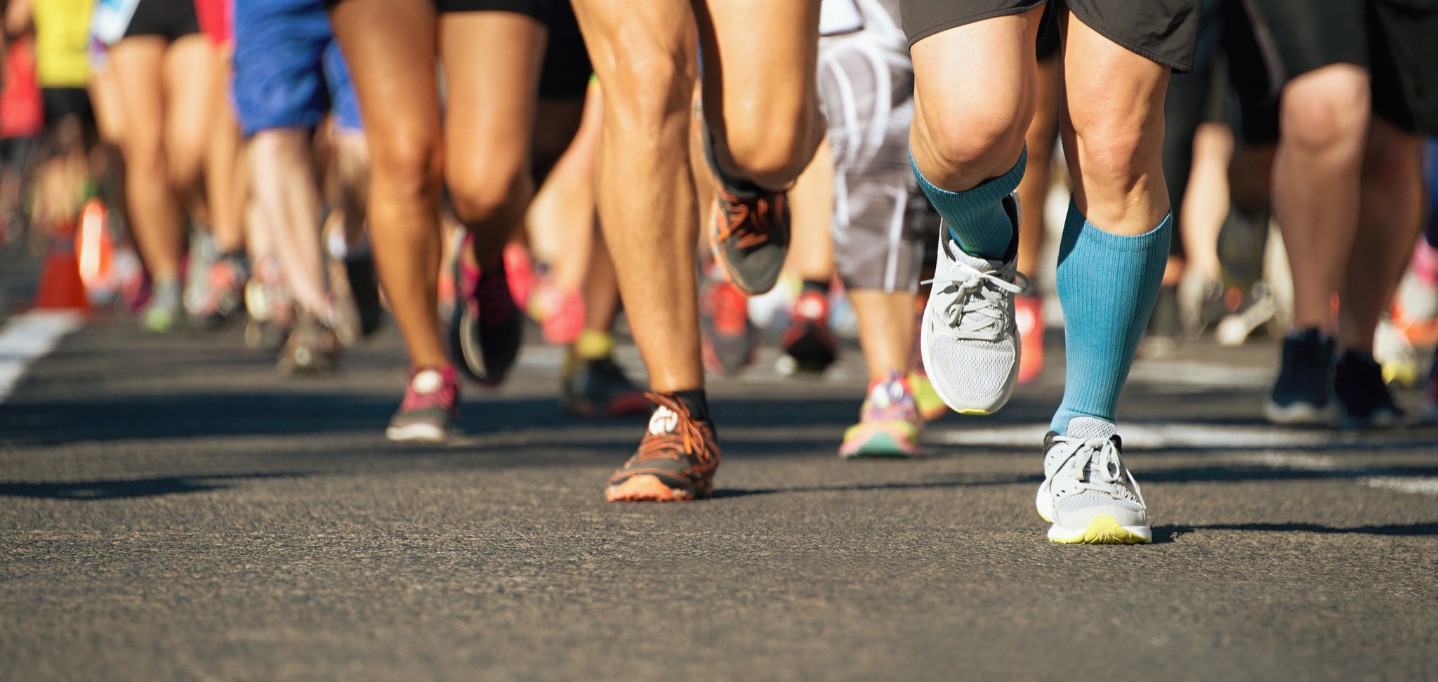Heart Valve Disease - Is It Worse Than Cancer?
JUN 04, 2024Many people put up with symptoms like shortness of breath and fatigue, or explain away a heart murmur that’s actually a sign of something more serious.
Read More
My wife talked me into running a marathon this year. As you know, a marathon is a running race that covers 26.2 miles and for many runners is the culminating event in a career of running. I started training about 5 months ago and now I into my last week—the race is this Saturday. The marathon I’ve chosen takes place in St. George, Utah and is a beautiful course that descends through the red rock country of the desert southwest. I ran this particular race exactly 21 years ago and haven’t done it since. Not learning my lesson from this first painful experience, I then ran several other marathons in different cities but stopped putting myself through this misery about 12 years ago. My wife ran the Boston Marathon last spring (not long after knee surgery) and was such an inspiration to me that I agreed to sign up for one last race.
I still consider myself a youngish person, but if I compare myself to active professional athletes I come off looking like a wizened old geezer. Most pro basketball and football players retire in their 30s, most tennis players hang up their racquets in their 20s, and nearly all gymnasts and figure skaters transition into “where-are-they-now?” status shortly after puberty. Anomalies such as Brett Favre and Michael Jordan manage to drag themselves back for a “post-retirement” second act, and the mere fact that they can still walk makes the front page of the sports section. In all these sports the athletes peak in their mid-twenties and quickly decline thereafter.
Running (and other endurance sports, ala Lance Armstrong’s return to a strong 3rd place in this year’s Tour de France) may be an exception to this.
Professor Dennis M. Bramble, a running expert from my alma mater University of Utah, poses a question (as cited in the immensely inspiring book “Born to Run”) that I find interesting:
“We monitored the results of the 2004 New York City Marathon and compared finishing times by age. What we found is that starting at age nineteen, runners get faster every year until they hit their peak at twenty-seven. After twenty-seven, they start to decline. So here’s the question—how old are you when you’re back to running the same speed you did at nineteen?”
The answer he came up with is surprising: 64. The decline in performance over forty-five years is so gradual that the sixty-four-year-old crowd can still compete with the nineteen-year-olds.
My own experience substantiates this. Three weeks ago I ran a 10-mile road race here in Omaha. About 150 people showed up—all of them fairly hard-core runners. Of the thirteen runners who beat me only five were in age divisions younger than my own (40-45) and none were under the age of 32. Finishing ahead of me were several runners older than I, including a 55-year-old man who bested my time by nearly 2 minutes. Despite plenty of entrants in their twenties, only two finished in the top 25.
Last week I ran the Corporate Cup 10K (6.2 miles). Again, I found that the majority of the best runners were over the age of 30 with plenty of top finishers in their forties and fifties. The winner of this week’s Omaha marathon is 46 years old and a veteran of years of pounding the pavement.
Some of you may be familiar with an amateur runner by the name of George Sheehan who wrote the bestseller “Running and Being.” Dr. Sheehan, a physician, took up distance running at the age of 45 and went on to great acclaim with his regular submissions to the magazine Runner’s World. He was also pretty fast—he was the first person over the age of 50 to log a sub-five minute mile (4:47—something I’ve never been able to do)—and competed in countless marathons. He was able to keep up his competitive 10-kilometer race pace until he was in his mid-sixties. His key to success?: run, run, run.
This brings me to my point. I believe your heart, lungs, and muscles are built to sustain amazing stretches of aerobic activity from childhood into old age. Our problem is that we allow ourselves to slide into sedentary living somewhere in the third decade. From that point our muscles fall into disuse and our joints deteriorate under the added weight of adipose; our vertebral disks suffer from lack of postural muscle tone; and our heart and lungs reward our physical complacency with poor performance.
Your body was made to move—your heart wants to beat hard, your legs want to burn under the stress of exercise—and if you manage to keep moving throughout your life you will find that your slide into old age will be a far shallower slope.
I plan to keep these thoughts in mind as I drag myself through the final miles of my race this weekend. I don’t imagine I’ll post a personal record but at the least I’m hoping to finish with a respectable time and beat a few nineteen-year-olds while I’m at it.

Many people put up with symptoms like shortness of breath and fatigue, or explain away a heart murmur that’s actually a sign of something more serious.
Read More
Blood-thinning medications are the long-standing treatment for Afib because they help prevent the formation of clots or break up existing clots which can cause a stroke. Unfortunately, these medications also increase your risk for bleeding.
Read More
Could you be walking around with a tiny hole in your heart and not know it? That’s the case for one in four people, due to an anatomic condition.
Read MoreWhen you need local health information from a trusted source, turn to the CHI Health Better You eNewsletter.